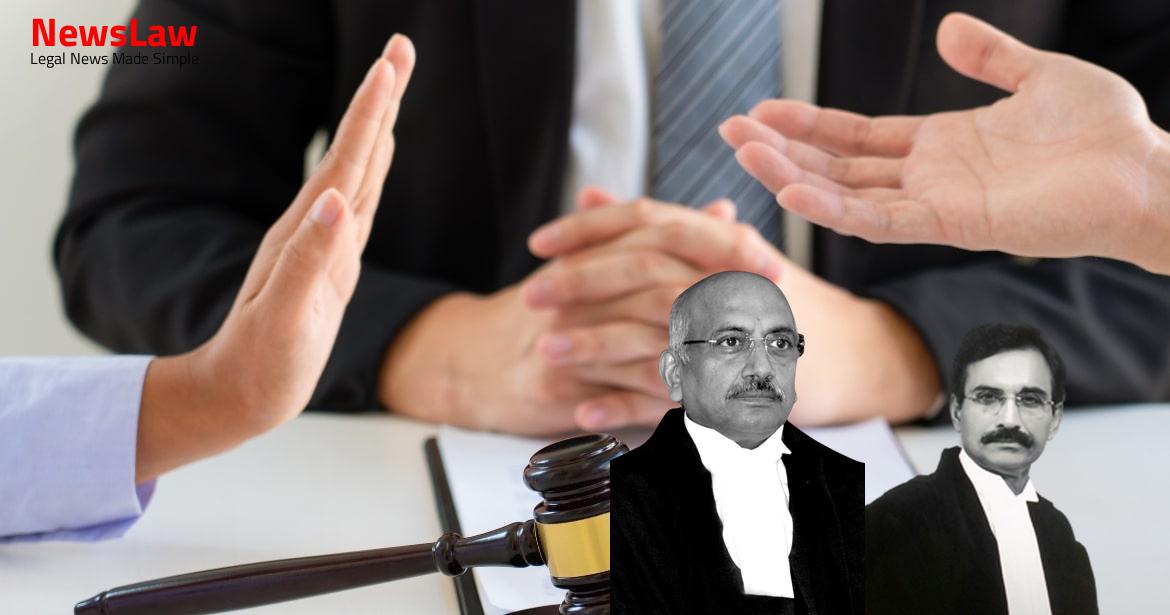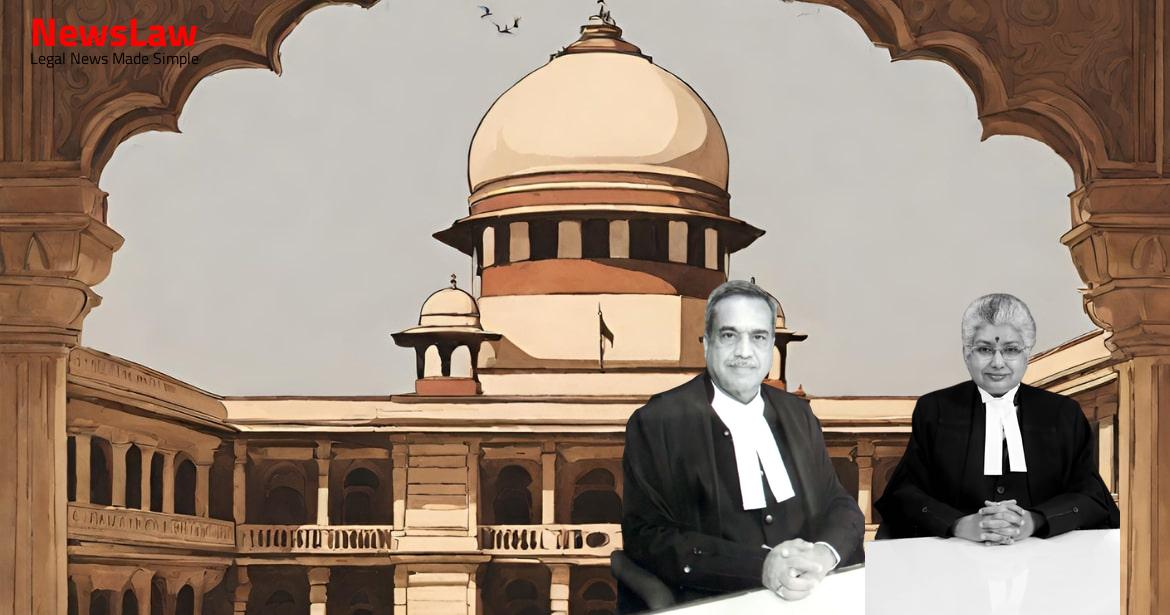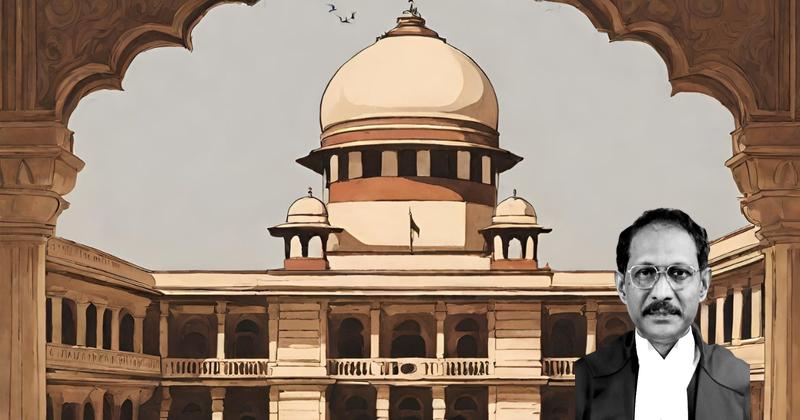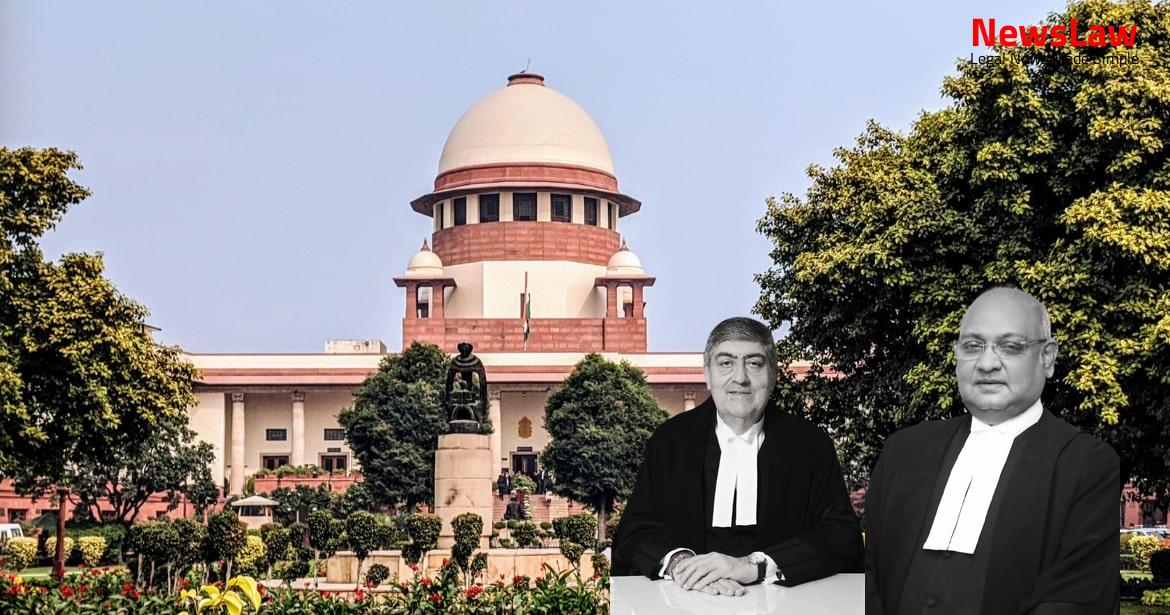Explore the intricate legal analysis of a recent court case focusing on the validity of Foreign Contribution Regulations. The case delves into principles of interpretation, balancing legislative intent, and safeguarding democratic values. Discover how the court navigated through constitutional rights and legislative frameworks to uphold the regulations.
Facts
- The High Court upheld the validity of Sections 5(1) and 5(4) of the Foreign Contribution (Regulation) Act, 2010 and Rules 3(i), 3(v) and 3(vi) of the Foreign Contribution (Regulation) Rules, 2011.
- The Appellant’s argument that these sections and rules violate Articles 14, 19(1)(a), 19(1)(c), and 21 of the Constitution of India was dismissed by the High Court.
- The Appellant is a registered society engaged in activities against globalization, communalism, and in defense of democracy.
Also Read: Precedence of Secured Debt over Crown Debt: Legal Interpretation
Arguments
- The Appellant relied on International Covenant on Civil and Political Rights and International Covenant on Economic, Social and Cultural Rights accepted as sources of human rights by the Protection of Human Rights Act, 1993.
- Argued that vagueness in certain provisions leads to arbitrary exercise of power in violation of Article 14 of the Constitution.
- Stressed that political rights are a crucial aspect of human rights and any restriction on them would be unconstitutional.
- Appealed for declaring Rules 3 (i), 3 (v) and 3 (vi) as violative of fundamental rights under Articles 14, 19 (1) (a), 19 (1) (c) and 21 of the Constitution.
- Alleged that Section 5 (4) of the Act lacks specification regarding the authority to which a representation by the aggrieved party should be forwarded, affecting access to foreign funds and violating Articles 19 (1) (a) and 19 (1) (c) of the Constitution.
- Challenged the power of the Central Government to declare an organization as political under Section 5 (1) of the Act, citing lack of guidelines for such a declaration.
- Criticized the wide and vague language in Rule 3 of the Rules, allowing for arbitrary discretion which could lead to power abuse.
- Claimed that the terms ‘political objectives’, ‘political activities’, ‘political interests’, and ‘political action’ in Rule 3 lack clarity and could encompass non-political activities.
- Argued that Rules 3 (i), 3 (v) and 3 (vi) are overly broad and should be declared unconstitutional under Article 14 for their vagueness and potential for abuse of power.
- Defended the organization’s right to educate and promote civil, political, social, economic, and cultural rights and access funding, domestic or foreign, without impediment.
- Constitutional validity of a statute can be challenged on grounds of legislative competence and violation of fundamental rights.
- Subordinate legislation can be challenged for being ultra vires the Act.
- Appellant organization not entitled to invoke Article 19 of the Constitution as it provides fundamental rights only to citizens.
- Sufficient safeguards against abuse of power are incorporated in the Act and Rules.
- Possibility of abuse of power is not a ground to challenge legislation.
- The object and purpose of the Act must be considered while interpreting its provisions.
- Principle of ‘reading down’ to be adopted if there is ambiguity in Rule 3 of the Rules.
- Defended the judgment of the High Court, stating all relevant points were rightly adjudicated.
- Guidelines in Rule 3 criticized for being vague and granting excessive power to the executive, leading to potential arbitrary exercise of power.
- No individual member of the organization is a party to the Writ Petition or Appeal.
- Right to receive foreign contribution is not a fundamental right under Article 19 of the Constitution.
- The Appellant organization cannot be considered as a citizen.
Also Read: Judicial Review of Answer Key in Teacher Selection Process
Analysis
- The judgement analyzed various provisions of the Foreign Contribution (Regulation) Act, 1976 as well as the Foreign Contribution (Regulation) Rules, 2011.
- It highlighted the significance of different terms like ‘political interests’, ‘activities of the organisation’, ‘ideology propagated by the organisation’ and ‘programme of the organisation’ in determining whether an organization falls under the category of a political nature.
- The doctrine of ‘reading down’ was mentioned as a method to interpret vague or potentially unconstitutional provisions of the Act and Rules in a manner that aligns with the intended purpose of the legislation.
- The Court emphasized the need to balance the objectives of the Act, which aim to prevent foreign influence on domestic affairs, with the legitimate rights of voluntary organizations to access foreign funds for social and economic welfare purposes.
- Challenges to Section 5(1) and Section 5(4) of the Act were discussed, focusing on issues related to vagueness, unbridled executive power, and the absence of specified authorities for representations.
- The interpretation of the provisions was guided by principles of giving words their plain and natural meaning, considering historical context and legislative intent, and ensuring that the rights of organizations not involved in active or party politics are not unduly restricted.
- The analysis underscored the importance of protecting the democratic values of the country by restricting foreign aid to those engaged in active politics and party politics.
- The intention of the legislature is to prohibit foreign funds in active politics.
- An association with avowed political objectives cannot be permitted access to foreign funds.
- The Act aims to prevent foreign contributions in the political arena.
- Prevention of foreign contributions routed through voluntary organizations not connected to party politics is emphasized.
- The Central Government must consider the activities and association of an organization with any political party before declaring it as an organization of political nature.
- Guidelines in Rule 3 specify that only organizations actively involved in politics or associated with political parties can be declared as organizations of political nature.
- Rule 3 identifies organizations with avowed political objectives in their memorandum or bye laws as organizations of political nature.
- Central Government may frame guidelines specifying grounds for an organisation to be specified as political in nature
- Guidelines include organisations with avowed political objectives, trade unions promoting political goals, voluntary groups with political objectives, front or mass organisations associated with political parties, and organisations of farmers, workers, students, etc., aligned with political interests
- Organisations engaging in political actions like ‘bandh’, ‘hartal’, etc., can also be specified as political in nature
- Foreign contributions prohibited for organisations of political nature under Section 3 (1) (f) of the Act
- Section 5 of the Act requires Central Government approval for organisations of political nature to accept foreign contributions
- Various individuals and entities prohibited from accepting foreign contributions according to Section 3 of the Act
- Central Government must specify an organisation as political in nature based on its activities, propagated ideology, or association with political parties
- Central Government must issue a written notice to the organisation before making an order under Section 5 (1) of the Act
- Organizations connected with active politics or party politics are covered by Rule 3 (vi)
- Organizations not involved in active or party politics are not covered by Rule 3 (vi)
- Organizations used for channeling foreign funds by political parties can be subject to scrutiny under the Act with concrete material
Also Read: Assessment of Undisclosed Income: Legal Analysis
Decision
- If the organisation fails to comply with FCRA regulations, the Central Government will follow the prescribed procedure before depriving them of the right to receive foreign contributions.
Case Title: INDIAN SOCIAL ACTION FORUM(INSAF) Vs. UNION OF INDIA (2020 INSC 290)
Case Number: C.A. No.-001510-001510 / 2020



